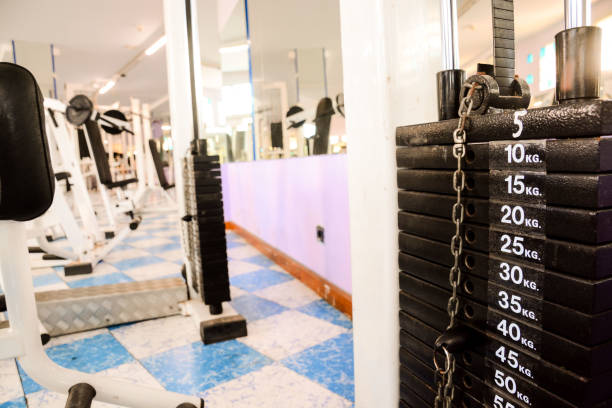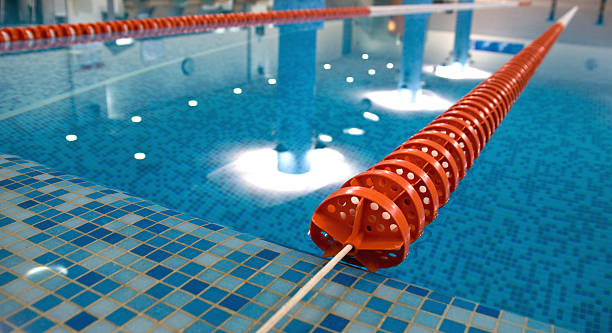
Best Mental Exercises for Swimmers
Swimming isn’t just about physical strength and technique; it’s also about mental fortitude. To excel in the pool, swimmers need to train not only their bodies but also their minds. In this article, we’ll explore the best mental exercises that can help swimmers enhance their performance, overcome challenges, and achieve their goals.
Introduction
Importance of Mental Exercises for Swimmers
Personally I found that mental training was a huge piece missing from my training and after working on it my times finally started to get faster after plateauing. Competitive swimming requires more than just physical fitness. Mental strength plays a crucial role in determining success in the pool. Mental exercises help swimmers develop focus, manage stress, and build confidence, enabling them to perform at their best when it matters most.
Benefits of Mental Exercises
In the fast-paced world of swimming, maintaining focus is essential for optimal performance. Mental exercises such as visualization techniques can train swimmers to stay focused during races, blocking out distractions and staying in the zone. Competitive swimming can be mentally taxing, leading to increased stress levels. Engaging in mental exercises like deep breathing can help swimmers relax, reducing stress and promoting a sense of calmness before competitions. Confidence is key to success in any sport, and swimming is no exception. Mental exercises, such as positive affirmations, can boost swimmers’ confidence levels, helping them believe in their abilities and perform at their peak.
Types of Mental Exercises
- Visualization Techniques: Visualization involves mentally rehearsing a race or performance in vivid detail, imagining every stroke, turn, and finish. This mental imagery can help swimmers familiarize themselves with race scenarios, build confidence, and enhance performance.
- Breathing Exercises: Controlled breathing techniques can help swimmers regulate their heart rate, calm their nerves, and focus their minds. By practicing deep breathing exercises regularly, swimmers can improve their ability to stay relaxed and composed under pressure.
- Positive Affirmations: Positive affirmations involve repeating positive statements to oneself to cultivate a mindset of success and confidence. By affirming their strengths and abilities, swimmers can overcome self-doubt and build a resilient mindset that propels them towards their goals.
Pre-Competition Routine
A pre-competition routine that includes mental exercises can help swimmers prepare mentally for races. Whether it’s visualizing success, practicing breathing techniques, or reciting affirmations, a structured routine can help swimmers get into the right mindset to perform their best.
During Training
Mental exercises shouldn’t be reserved for competition day; they should be integrated into daily training sessions. By incorporating mental drills into their workouts, swimmers can strengthen their mental resilience, improve focus, and enhance overall performance over time.
Challenges and Solutions
Overcoming Mental Blocks
Swimmers often face mental blocks that hinder their performance. By identifying the root causes of these blocks and implementing targeted mental exercises, swimmers can overcome obstacles, regain confidence, and unleash their full potential in the pool.
Dealing with Competition Anxiety
Competition anxiety is common among swimmers, especially before important races. Through relaxation techniques, visualization, and positive self-talk, swimmers can manage anxiety levels, stay calm under pressure, and perform to the best of their abilities when it matters most.
Conclusion
In conclusion, mental exercises are invaluable tools for swimmers looking to enhance their performance, overcome challenges, and achieve their goals in the pool. By incorporating visualization techniques, breathing exercises, and positive affirmations into their training routines, swimmers can develop the mental resilience and confidence needed to succeed at the highest level.
FAQs
How often should swimmers do mental exercises?
Swimmers can benefit from daily mental exercises, incorporating them into their training routines to build mental resilience over time.
Can mental exercises improve swim performance?
Yes, mental exercises can improve swim performance by enhancing focus, reducing stress, and boosting confidence levels.
Are there any risks associated with mental exercises for swimmers?
When done correctly, mental exercises pose minimal risks for swimmers and can contribute to overall well-being and performance. However, it’s essential to consult with a coach or sports psychologist to ensure proper implementation.
Can beginners benefit from mental exercises?
Absolutely! Mental exercises are beneficial for swimmers of all levels, from beginners to elite athletes. Building mental resilience early on can help beginners develop a strong foundation for future success in the pool.
How long does it take to see results from mental exercises?
The timeline for seeing results from mental exercises can vary depending on individual factors such as consistency, effort, and mindset. With regular practice and dedication, swimmers can begin to notice improvements in their mental strength and performance over time.


